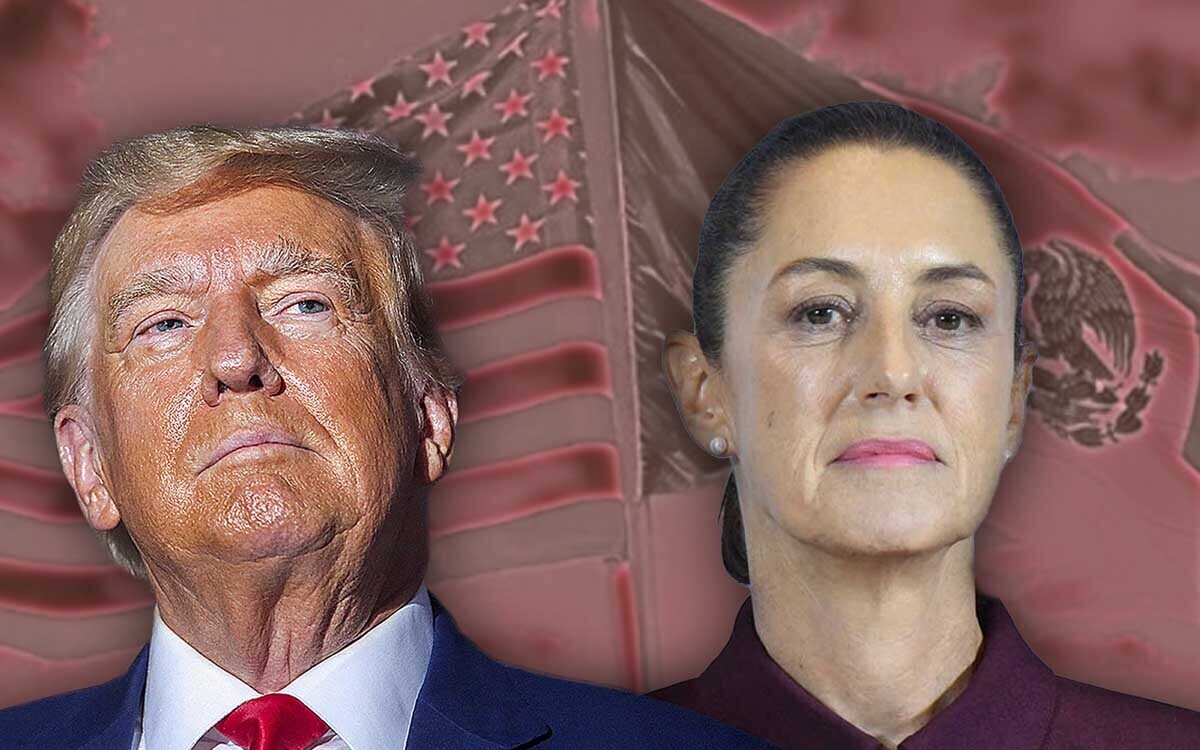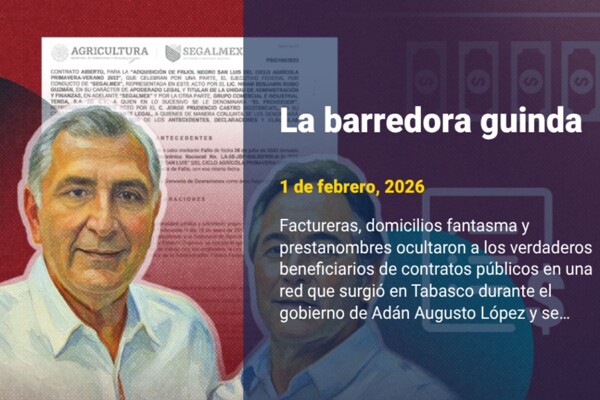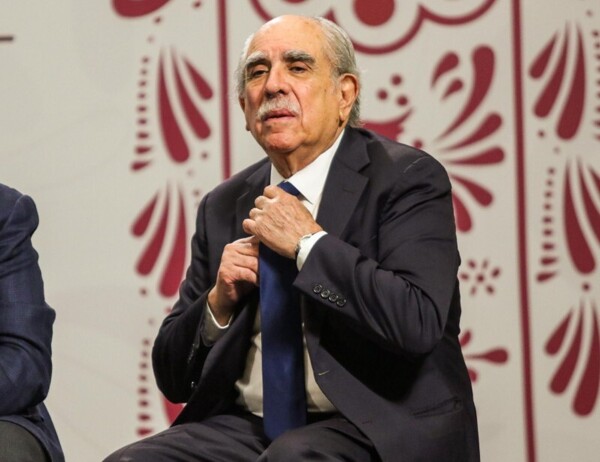
Ildefonso Guajardo, former Secretary of Economy and negotiator of the Treaty between Mexico, the United States, and Canada (T-MEC), warned about the repercussions of imposing a 25% tariff in the United States, which will have immediate effects on the production chains of Mexico and Canada, primarily in the automotive sector. He also pointed out that the United States will be affected in the stability of its productive capacities, as well as its operating costs and competitiveness.
"Economic agents will have to immediately adjust importers and exporters to the conditions," Guajardo explained in an interview for 'Aristegui en Vivo.' The impact will depend on the ability to replace affected products with inputs from other countries. Sectors like Mexican avocados might have Peruvian substitutes, but others like tomatoes, with exports exceeding two billion dollars, will face greater challenges.
The automotive sector will be the most affected due to the nature of its transnational production chains. Guajardo mentioned that "If every time an automotive part crosses it will be 25 percent in the United States, then that will make automobiles unviable from a pricing standpoint."
He explained that many parts are assembled in Mexico, sent to the United States to add technological components, and then returned to the country, which will generate additional costs and customs complications. Additionally, he criticized the lack of consistency in the measure, arguing that it will favor Asian countries like Indonesia and Vietnam, which do not face tariffs and import inputs from China.
Guajardo pointed out that the U.S. administration must make a decision on April 2, the date on which tariffs could be imposed on cars from Europe and Asia. Automobile prices could increase and affect the competitiveness of the United States in the global market. Regarding Mexico's trade dependency on its northern neighbor, Guajardo noted that "approximately 85 percent" of Mexican exports are destined for the United States.
Regarding the possibility of strengthening trade relations with China, Guajardo dismissed this option, as bilateral trade is imbalanced. He also suggested that Mexico could focus on maintaining a firm stance in negotiations with the United States and avoid falling into extreme nationalist rhetoric that could be counterproductive.
In relation to internal tensions in Mexico, Guajardo warned that nationalist discourse could be counterproductive. He emphasized the need to maintain a firm stance in negotiations with the United States and avoid escalating extreme nationalism that could obstruct communication and the relationship needed to solve problems.
Regarding the lack of clarity on what Mexico expected to achieve in negotiations with the United States, Guajardo highlighted that by not establishing clear parameters, Mexico allowed the negotiation to proceed in a one-sided manner. He insisted on the importance of defining clear objectives and limits to avoid being taken advantage of in negotiations.














